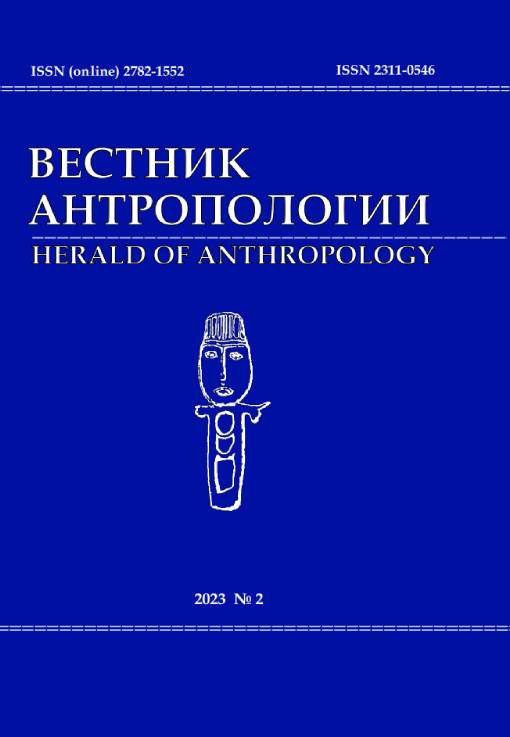The Challenges of Museum Communication: Actualizing Visitor Reflection
DOI: 10.33876/2311-0546/2023-2/35-53
Keywords:
educational innovations, critical thinking, reflection, museum design, museum pedagogy, museum exposition, soft skillsAbstract
The studies of communicative practices in the museum are increasingly widespread. This is largely due to the fact that many exhibitions are reinterpreted in accordance with the principles of the participatory museum, which implies active involvement of the visitor and engaging in a direct dialogue with them. The transaction of the museum narrative and communicating its value becomes fundamentally important, which requires the museum exposition to start the mechanism of visitor’s reflection. This paper is based on two assumptions: 1) a specific group of museum communication techniques aimed at actualization of visitors’ reflection can be identified and described by the means of a parametric analysis of the exposition; 2) the techniques used to build a museum exposition more often aim to appeal to visitors’ memory or imagination rather than to trigger reflexive comprehension of the content. The research studies expositions of Moscow museums in order to identify and analize the practices and techniques of the exposition construction that aim to actualize visitors’ reflection. The results demonstrate that Moscow museums in general introduce various communicative practices quite successfully. However, most often they aim to provoke the visitor’s emotional response, improve memorization or to develop their imagination. The practices of actualizing reflection, which are complex in their organization and involve critical thinking, are used less often than the more habitual forms of interaction in Russia. This could indicate, on the one hand, the low awareness of the exposition authors about the successful application of practices and techniques of this type, or, on the other hand, the difficulty of their implementation, which requires the reorganization of the exhibition as well as extra training of museum workers and tour guides.





















